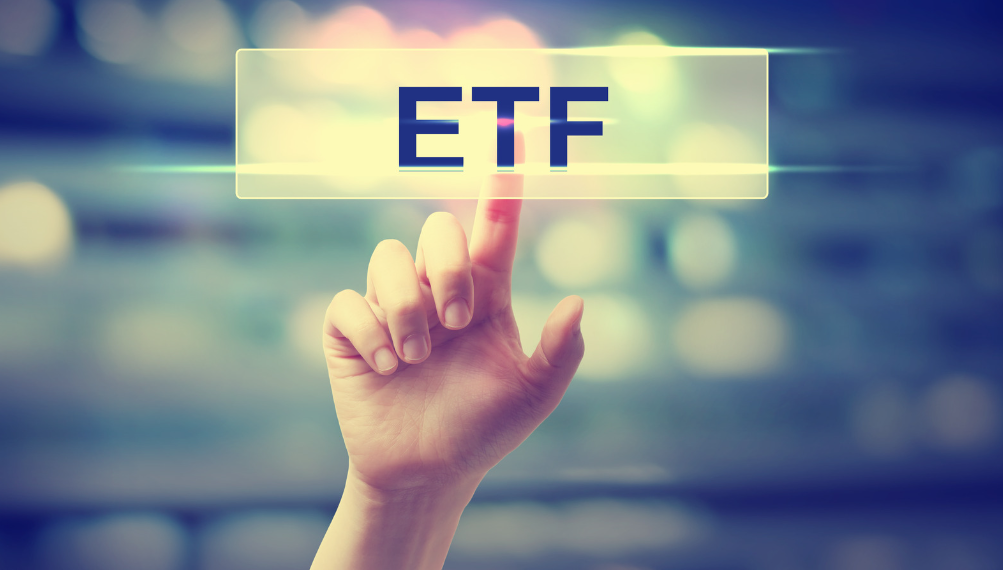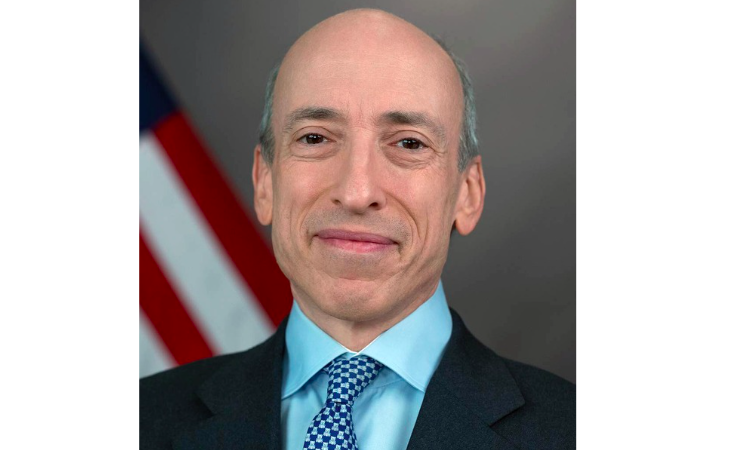
As 2024 enters its final stretch, the international price of gold has risen by approximately 24% year-to-date (YTD), primarily driven by sustained demand from a specific group of central banks, according to a report by Credicorp Research authored by Daniel Velandia, CFA, and Diego Camacho Álvarez.
Record High Prices
By the end of October 2024, the international price of a troy ounce of gold temporarily surpassed $2,750, marking around nine months of sustained growth and a 30% YTD increase.
While this dynamic suggested an uninterrupted trend of new highs, experts pointed out that a more appropriate analysis would consider prices adjusted for inflation via the Consumer Price Index (CPI). Gold’s advocates as an investment and diversification asset emphasize its principal virtue as a true hedge against the monetary exuberance of the global economy.
When accounting for the inflation effect, the rise in gold prices throughout the year is significant but still falls short of a new historical high. Instead, in real terms, the price has recently reached a critical resistance level last observed in 1980 and 2011. Considering the international turmoil tied to persistent geopolitical tensions and, more recently, the results of the U.S. elections, this distinction is valuable for making portfolio diversification decisions.
The 2008 Crisis, Basel III, and Gold Demand
The implementation of the Basel III agreements has had a notable but often overlooked impact on gold prices. While the initiative aims to strengthen regulatory standards and curb risk-taking in the banking sector, it also seeks to limit speculation in derivative markets where gold serves as the underlying asset.
The 2008 financial crisis exposed vulnerabilities in the fractional banking system. In response, Basel III identified that investment funds, futures contracts, ETFs, and other instruments linked to gold—but not necessarily backed by physical gold—essentially replicate the speculative model based on fiat money. The new regulations aim to restrict or eliminate this practice.
Under Basel III, physical gold has been reclassified as a Tier 1 asset, reserved for the safest and most liquid assets, such as cash and high-quality government bonds. This represents a significant shift in how banks consider and manage gold on their balance sheets. Prior to Basel III, gold was classified as a Tier 3 asset, characterized by higher risk and lower liquidity. The new regulations also mandate financial institutions to maintain 85% capital buffers—up from 0%—to ensure the financing and clearing operations for precious metals.
The Net Stable Funding Ratio (NSFR), another key component of Basel III reforms, requires banks to maintain a balance between long-term assets and liabilities to ensure financial stability. Regarding gold, the NSFR makes a critical distinction between physical gold and gold-backed instruments like paper gold. According to these rules, derivative-based assets can only be weighted at 85% of their market value for NSFR purposes. This classification deems these instruments less secure and less liquid than physical gold, encouraging banks to reduce exposure to derivatives and increase reliance on physical gold to strengthen their balance sheets.
This differentiation between physical gold and gold derivatives has profound implications for the market, fostering a shift toward greater use of gold as a secure and liquid asset in financial systems.
Geopolitics and Reserve Assets
According to data from the World Gold Council (WGC), central bank demand is a key driver of the strong advance in gold prices. While some central banks seek alternatives to minimize the impact of U.S. economic sanctions, others argue that, amid the fiscal and monetary challenges faced by developed economies, gold remains one of the world’s most important reserve assets.
In both cases, the war in Ukraine has played a decisive role. Between 2010 and 2021, annual central bank demand averaged 470 tons. In 2022, this figure rose to 1,082 tons, followed by 1,030 tons in 2023. In the first nine months of 2024, demand reached 694 tons. Analyzing this dynamic requires precision regarding the data structure and consideration of the varied motivations among central banks.
Russia and China Lead the BRICs
Central banks in Russia and China, along with authorities in Saudi Arabia and several sovereign wealth funds (SWFs), top the list of institutional buyers involved in undisclosed gold purchases. According to WGC data, by Q3 2024, Russia held 2,335 tons of gold, an increase of 1,913 tons since Q3 2000. Relative to the size of its economy, Russia has the largest gold reserves. China, meanwhile, is estimated to hold 2,264 tons, up from 395 tons in 2000. Given their strategic competition with the U.S., both nations are expected to remain regular gold buyers, albeit without disclosing full information.
The Visegrad Group and Central Europe
The Visegrad Group, comprising Czech Republic, Hungary, Poland, and Slovakia, collaborates on shared interests within European integration. Specifically, Poland, Hungary, and the Czech Republic have been increasing their gold reserves. This accumulation is seen as a strategic measure against economic uncertainty, for value preservation, diversification, and to address rising geopolitical risks.
Among these, Poland stands out for its expanded production capacity and emergence as a strategic regional player. Polish authorities have significantly increased defense spending, with analysts suggesting that Poland is poised to develop one of Europe’s most dynamic economies, robust military forces, and strong gold-centered international reserves. Poland now holds 377 tons of gold, surpassing Saudi Arabia (323 tons) and the United Kingdom (310 tons).
Other Players
While major European economies have been net sellers of gold this century, nations like Turkey, India, and several Central Asian countries (former Soviet states) have publicly announced intentions to increase their gold holdings. Turkey holds 595 tons, while India’s reserves are estimated at 854 tons.
Central Bank Survey and Final Considerations
The latest central bank survey conducted by the WGC indicates growing recognition of gold’s monetary characteristics in discussions on international reserve consolidation. While respondents expect moderate increases in gold reserves over the next five years, this is not seen as a complete replacement of the U.S. dollar as the global system’s anchor.
In conclusion, the complexity of today’s international landscape and the emergence of new economic blocs will sustain demand for gold as a reserve asset. However, investors should be cautious of market risks following this year’s significant appreciation. For those with suitable risk profiles, potential price corrections could provide opportunities for portfolio diversification.










